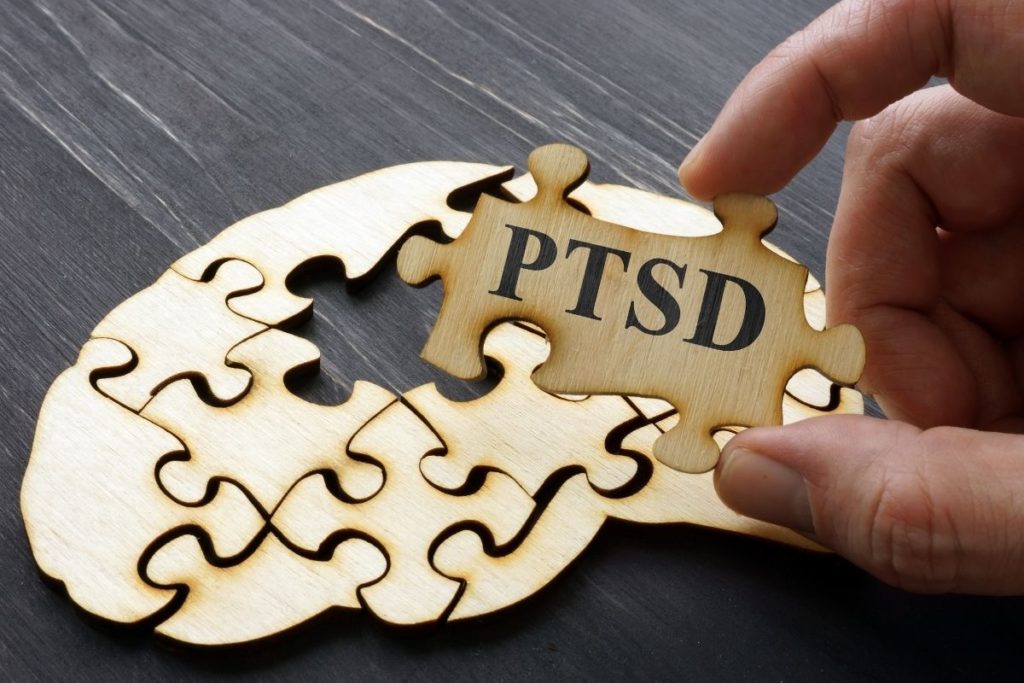What is PTSD?
PTSD is a serious and chronic anxiety disorder that typically follows exposure to stressful or life-threatening events. This mental health condition is characterized by intense, adverse thoughts and feelings associated with a traumatic event.
What are the symptoms of PTSD?
PTSD symptoms include:
- Intrusive thoughts (such as repeated flashbacks of a traumatic event)
- Strong avoidance of anything that will trigger memories associated with the event
- Distressing dreams or nightmares
- Negative thoughts that alter one’s perception of themselves or others
- Frequent irritability and emotional outbursts
- Feeling detached or disconnected from others
When is it time to get help?
It is normal to experience distressing thoughts and feelings following a traumatic event. If the severity of the distress is intense and prolonged, and/or if the intrusive thoughts and feelings adversely impact one’s social life, education, or occupational functioning, it is a good idea to get help. Evidence-based psychological therapy is highly effective in reducing the severity of PTSD symptoms.

Many evidence-based studies have indicated that Cognitive Behavioural Therapy (CBT) is the psychological treatment of choice for PTSD. Through the help of a CBT-trained therapist, individuals are able to reduce the emotional and behavioural problems associated with PTSD, while working towards promoting better overall psychological functioning.
How can CBT help treat PTSD?
CBT for PTSD includes a number of evidence-based approaches that have proven to be effective:
- Providing psycho-educational information about the background and nature of PTSD.
- Collaborative relationship between therapist and client, which allows for the client to actively participate in decision-making during treatment.
- Between-session homework assignments to practice skills learned in therapy.
- Cognitive restructuring to alter dysfunctional beliefs and negative thoughts associated with the condition.
- Imaginal and in vivo exposure. During imaginal exposure, the client will be asked to recount the traumatic experience for an extended period of time. In vivo exposure involves facing feared places, objects, sounds, or smells associated with the traumatic experience. Through repeated exposure of fearful stimuli, therapy clients experience a reduction in the severity of their anxiety related to the trauma.
How can the team at Oakville Centre for Cognitive Therapy help?
At Oakville Centre for Cognitive Therapy, we have trained psychologists on hand that specialize in helping people of all ages overcome past traumas and the associated effects of PTSD. If you have symptoms of PTSD and are interested in receiving treatment, please feel free to reach out to us at: 905-338-1397 or send us an email via our Contact Us page.



